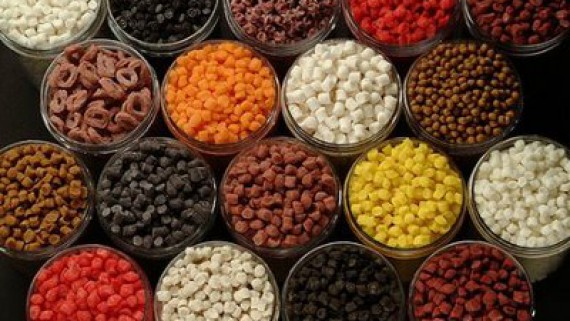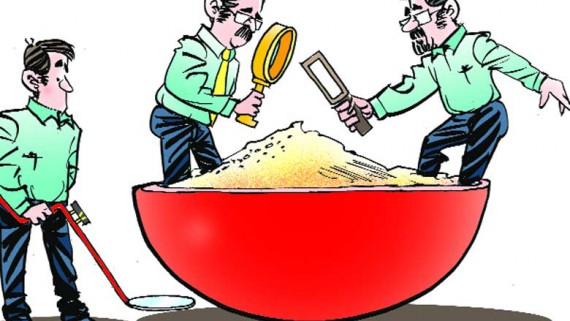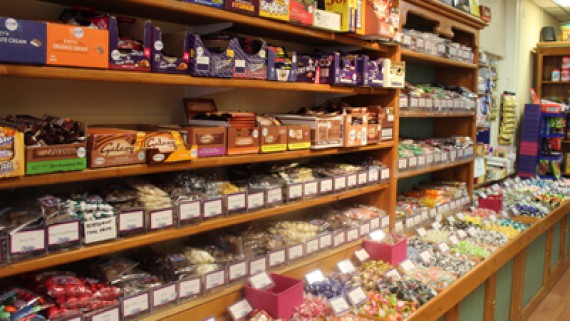Packaged Drinking Water Samples Failed To Comply With Food Safety Regulations
 A random survey conducted by the Food and Drug Administration (FDA) indicates that packaged drinking water may not be as safe as you think!
A random survey conducted by the Food and Drug Administration (FDA) indicates that packaged drinking water may not be as safe as you think!
It has been recently reported that the FDA randomly sampled and tested 95 packaged water samples from the state of Maharashtra in the past one year, of which 53% were found to be substandard and unsafe for drinking. In Pune alone, 11 of the 31 samples tested were found to be unsafe. It should be noted that substandard water is likely to be contaminated with dangerous water-borne pathogens like Salmonella and Vibrio cholera, which can cause life-threatening diseases like typhoid and cholera. Of the 95 samples, 28 had very high bacterial counts, while 23 didn’t meet up to the quality standards. Most of the substandard samples deviated from the required pH or didn’t match the labeling claims.
The erring plant owners had directly violated the Food Safety & Standards Act, 2006 and its regulations. A senior official of the FDA indicated that valid licenses were required from the Bureau of Indian Standards (BIS) and the Food Safety & Standards Authority of India (FSSAI) in order to run a packaged water plant, and many plants were shut down in the past on these grounds. These plants were located in interior rural areas, and some didn’t even have labs to check for water potability, nor any reports from other labs to substantiate their claims.
In Aurangabad and Nagpur divisions, 9 out of 24 and 3 out of 7 samples were found to be substandard respectively. Of note, some of the water samples contained coliform bacteria that cause abdominal cramps, vomiting and profuse diarrhea, due to contamination with sewage water.
Over six thousand samples were tested in 2010-11 alone across India, of which 800 failed the test. Warning letters were issued by government agencies of different states to erring plant owners that flouted the norms.




